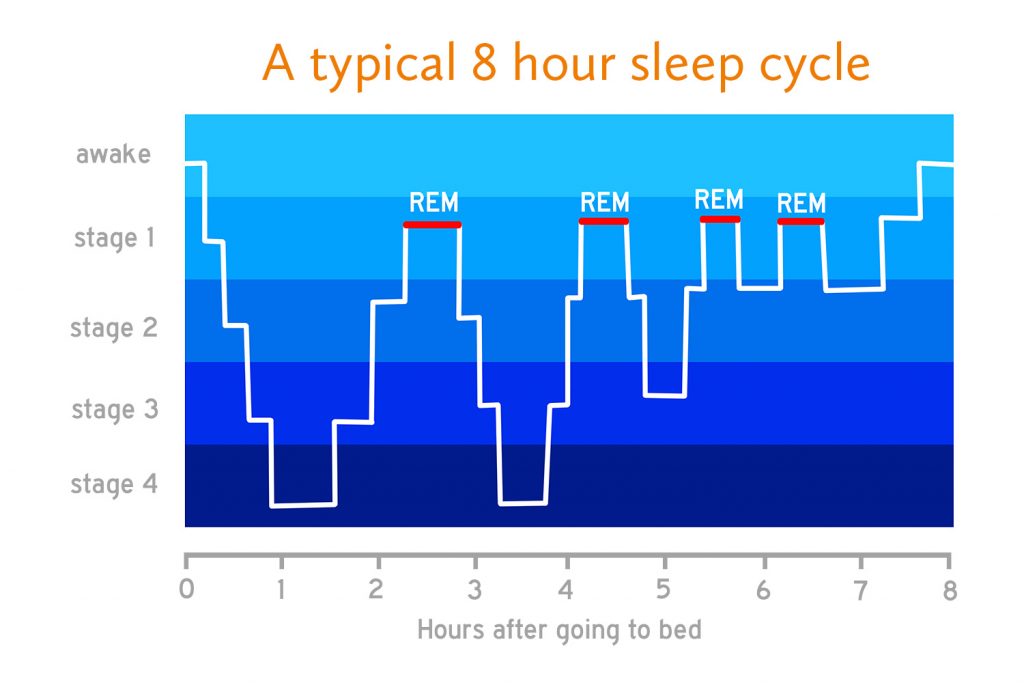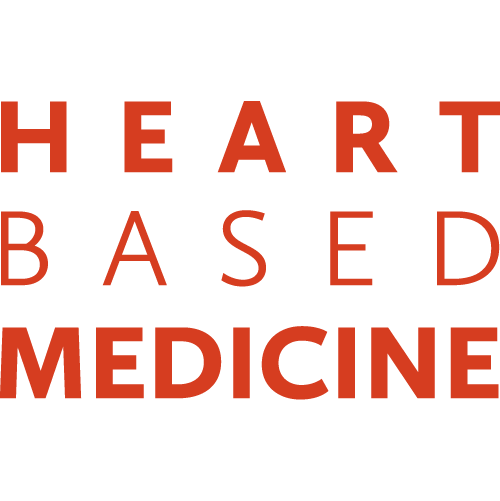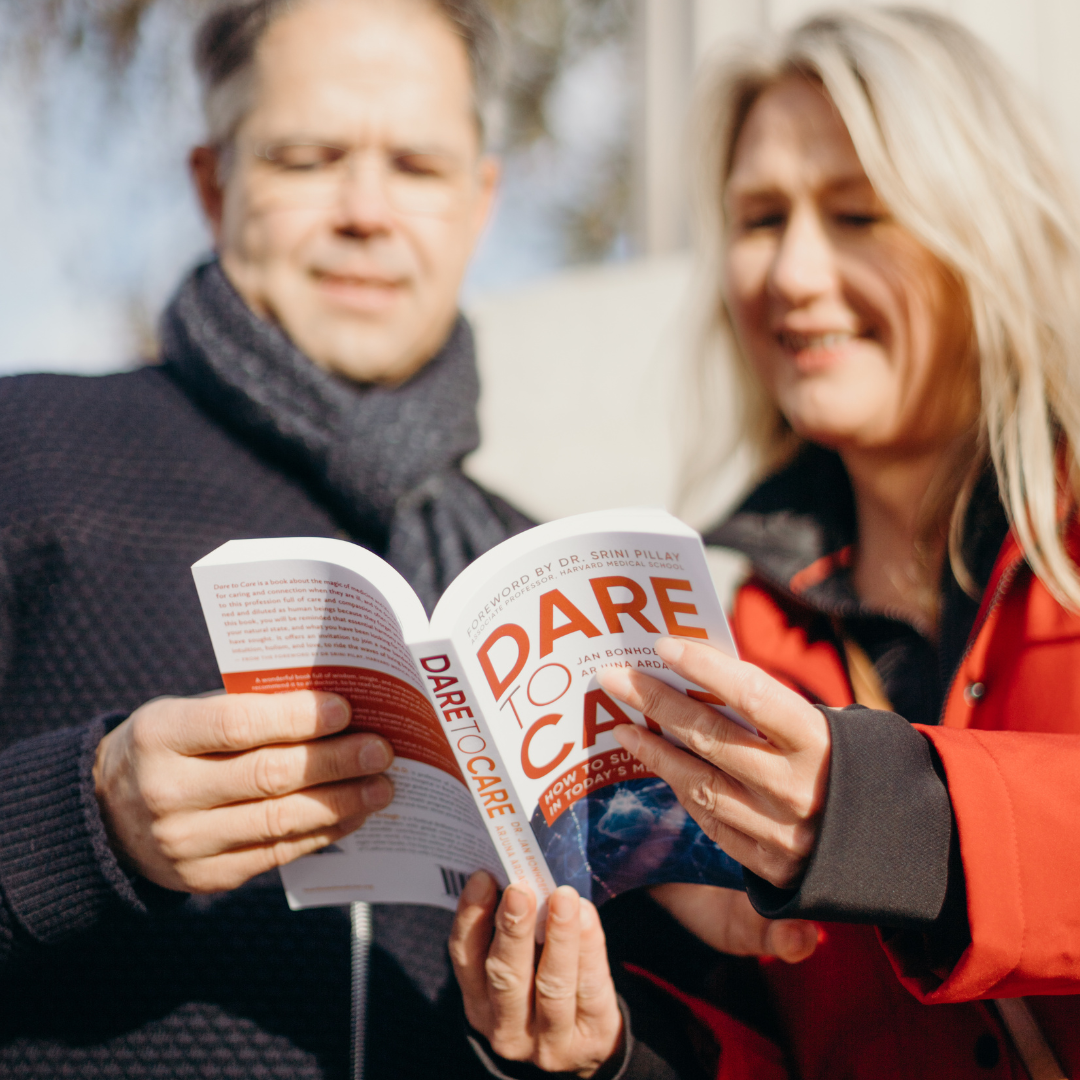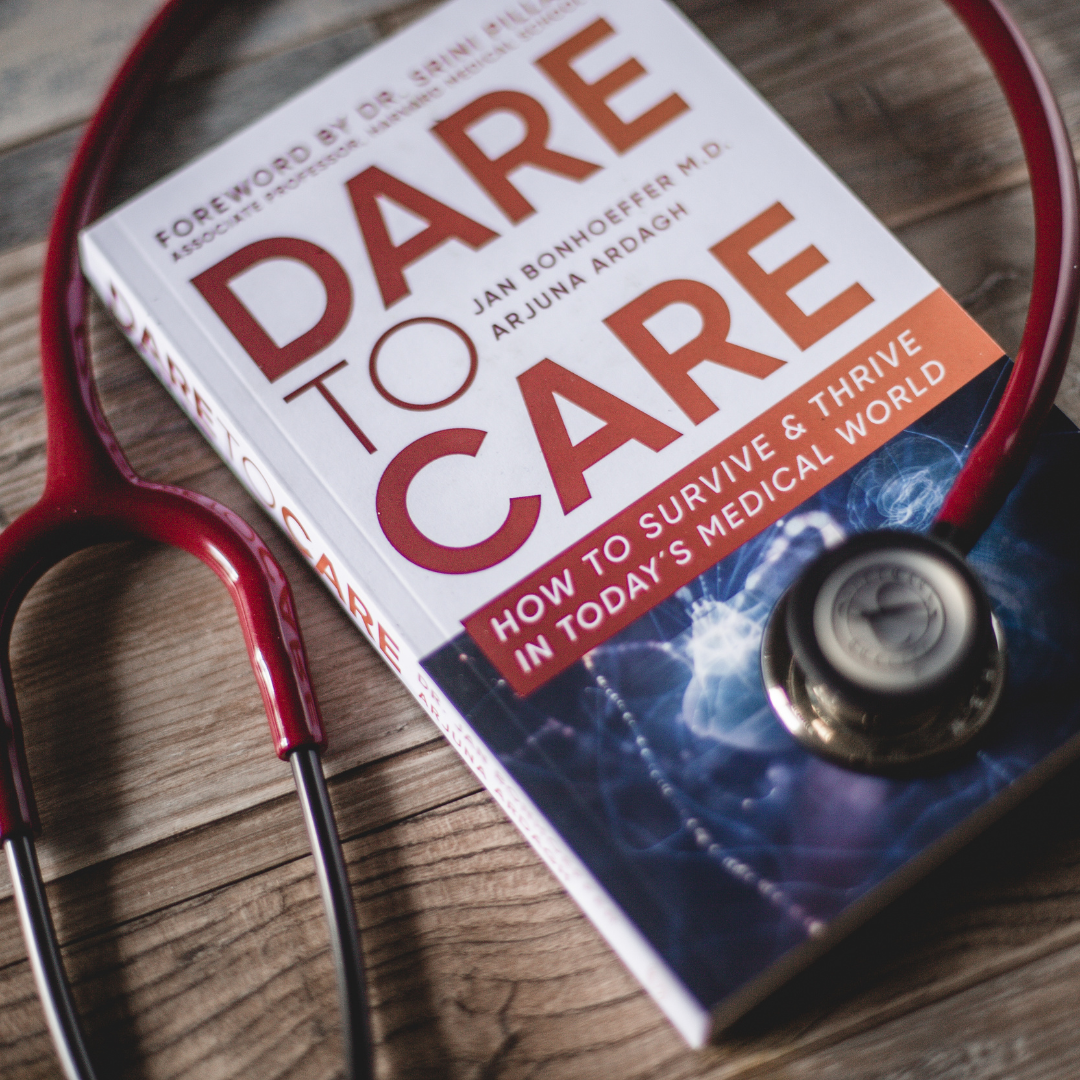In his book ‘Why We Sleep’ Matthew Walker goes so far as to say we are routinely psychotic when we dream, swinging between hallucinations, delusions and emotions and waking with almost instant amnesia.
Since we now have more insight into why we dream than ever before, you may be relieved to know that it’s a perfectly natural and essential biological and psychological process!
We actually dream in all stages of sleep but the most vivid are those we experience during the REM phase, when brain activity is enhanced.
According to Walker, the areas of the brain responsible for emotional processing are up to 30% more active during REM sleep than when we are awake, while the logical decision-making zones of the brain are deliberately repressed.

But what is the purpose of dreams and where do they come from? The Egyptians and Greeks generally believed that dreams were sent as messages from the Gods, with the exception of Aristotle who suggested they were more likely to be related to recent events. Sigmund Freud asserted that dreams emerged from unconscious, unfulfilled wishes, a theory that has since been abandoned by science. That’s not to say that the content of your dreams is unimportant. In the words of Socrates ‘the unexamined life is not worth living’ and dream analysis is still recognised as having proven mental health benefits.
It was once thought that dreams were merely the by-product of sleep and not inherently useful in themselves, but that theory has recently been debunked. There is also a popular myth that dreams are just a rerun of our activities during the previous day, however a Harvard University experiment by Robert Stickgold concludes that only 1–2 % of the content of our dreams can be described as ‘daily residue’. Interestingly, the same study revealed that between 35 and 55 % of the feelings and concerns we have experienced during our waking hours frequently resurface in dreams. So it is the emotional context that is the backdrop to our nightly movies rather than just a mental replay.
How do dreams help us recalibrate?
Being able to accurately read the facial expressions of people in our environment and identify them as friend or foe is key to our survival. One benefit of REM sleep is it recalibrates this function in the brain, giving us sharp focus precision each day. A dream-starved brain is unable to decode with such accuracy and is prone to fear-based decisions.
Now consider this fact in the context of roles and occupations where sleep deprivation is considered normal – medical professionals, emergency services and law enforcement as well as becoming a new parent to name just a few.
It’s quite alarming to realise that such responsible roles are being entrusted to people with a marked deficiency in their ability to spot critical signs such as whether a patient is experiencing discomfort or is in a life-threatening situation!
Perhaps one of the most fascinating discoveries about our dreams is that they act as nocturnal therapy, nurturing our emotional and mental health.
Production of a stress-causing hormone known as noradrenaline – the brain equivalent of the body’s adrenaline hormone – stops completely during REM sleep, giving the dreamer a chance to relive emotional experiences in a safe environment. Kind of like a therapeutic life review where the thorny barbs are removed, yet the salient knowledge is preserved and stored as part of our autobiography.
Dreaming enhances creativity and problem-solving.
This is a fact used by great minds, eminent scientists, artists, writers and musicians to find creative solutions and inspire their art. Keith Richards and Paul McCartney have both composed songs in their sleep and the periodic table of elements is known to have been revealed to Dmitri Mendeleev in a dream in 1869, long before we understood the atomic structure of the Earth’s elements.
If this article hasn’t inspired you to ‘sleep perchance to dream’ try keeping a dream journal for the next week and delving into your own creativity.
Feel free to share what you discover in the comments.
You can follow Matthew Walker on Twitter: @sleepdiplomat.
Disclaimer:
The views and opinions expressed in this article are those of the author and do not necessarily reflect the views of the Heart Based Medicine organization. They are not intended to diagnose, treat, cure or prevent any disease. They are the expressed opinion of the author for the sole purpose of educating the public regarding their health and wellbeing. Individual results may vary. Seek the advice of a competent healthcare professional for your specific health concerns.











